Well… this one just went to Pluto: over 50K impressions on Twitter as of this writing. (Calibration: that’s Twitter Pluto for me in my obscure corner of the Twitterverse.) It’s not clear to me why some topics resonate more strongly than others to folks in the chemistry / drug discovery community, but this one struck a chord.
The free drug hypothesis is one of those topics that medicinal chemists often have to learn the hard way — I sure did. It’s worth a reminder that the vast majority of medicinal chemists in industry do not come from a background of medicinal chemistry in graduate school. Most of us are trained in synthetic organic chemistry and have to learn medicinal chemistry on the job. The quality (and timeliness) of that learning varies wildly from institution to institution and person to person. (Incidentally, the way medicinal chemists are trained could be a whole other tweetorial.)
Armed with a PhD, you’re largely responsible for directing your own learning. There’s no “curriculum”. You gotta figure out your own curriculum and then teach yourself. Sometimes you’re crippled in doing so because you’re completely blind to entire concepts, and therefore don’t know what you don’t know.
The free drug hypothesis was one of those things for me, and it’s a big one. I figured it out far too late in my career. If you go dumpster diving in my old publications, you’ll even find a paper I was a co-author on where a stated intention was to reduce plasma protein binding. Shameful, I know.
So now my penance, my public service, is to put out there what I learned. So that others can learn it, sure. But more importantly, so that others are aware of this potential blind spot in their learning.
The ongoing pollution of the literature with free drug hypothesis ignorance is all the proof that’s required that there’s a yawning gap here. Open any med chem journal and skim through it. It won’t take long to see the scope of the problem.
The comments on the Twitter thread also give a good spectrum: they range in tone from “I’ve got this and I always have” (God bless) to “I was not aware of this and now I am” (desired outcome) to “Here is my laundry list of exceptions, therefore the whole thing is bollocks”. This last one is the one I think that med chemists have to work extra hard to overcome.
We medicinal chemists are enormously shaped by our experiences, and one or two bad experiences with the free drug hypothesis leave us jaded and believing that the whole edifice should be torn down. Every rule has exceptions, and chemists in particular seem to delight in unearthing exceptions and breaking rules. I get it. Let’s just not throw the baby out with the bath water. Let’s instead objectively assess how often something like the free drug hypothesis works vs. how often it doesn’t. The free drug hypothesis didn’t just come out of thin air. It came out of reams of data from lots of different projects/targets where it works just fine. We have to fight that cognitive bias that our own experiences are everyone’s.
Lastly, for my own personal growth, writing these threads is a good reality check. I strongly believe in that old adage that the best way to learn something is to teach it to someone else. I’m working on my meme-ing and half believe that the lead-in with Anakin and Padme is the reason this thing took off. If that’s the reason, great. I’m 45 years old, 19 years removed from grad school, and am already old enough to have teenage kids who think I’m tragically uncool. If I’m connecting with a broad audience on Twitter, most of whom are undeniably younger (and cooler) than me, job done. (I also challenge you to find another Twitter thread that has Star Wars, Boss Hogg, Simon Cowell, and a dumpster fire all under the same roof.)



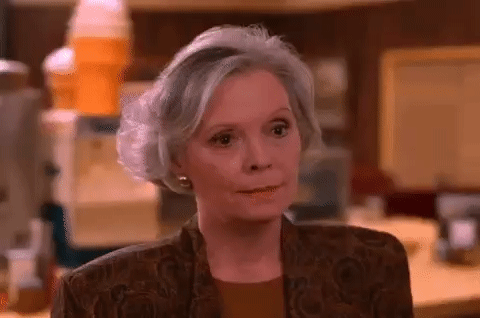





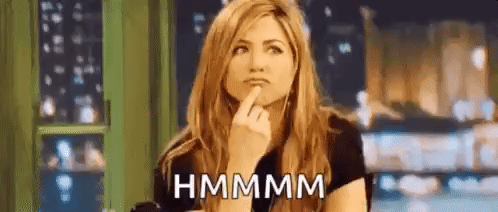

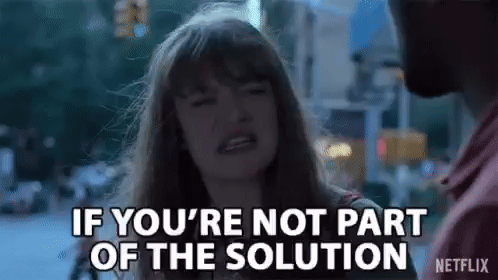

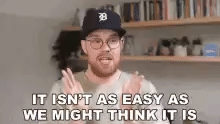



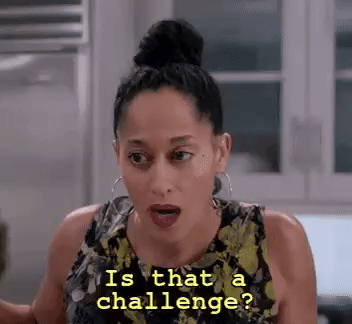

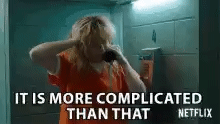







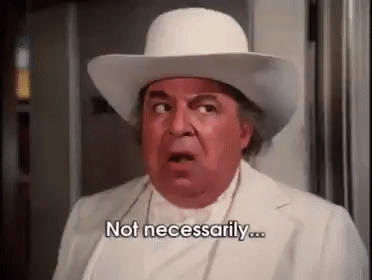

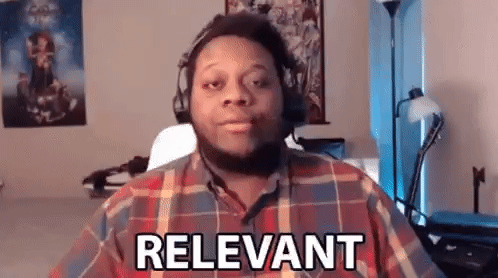

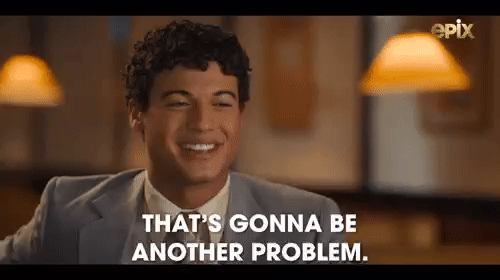

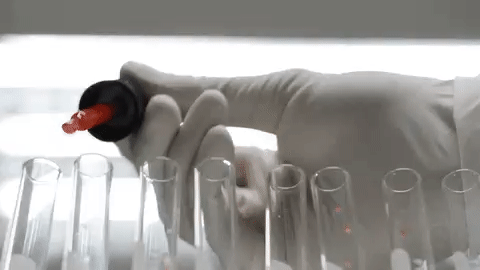



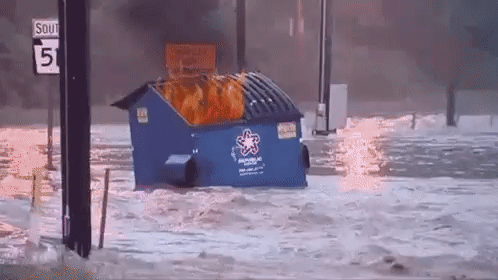

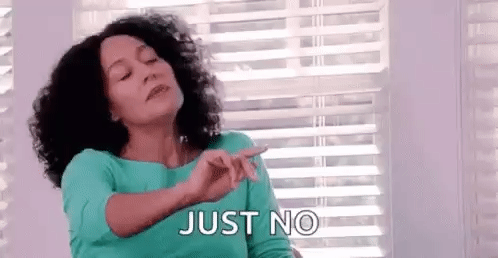



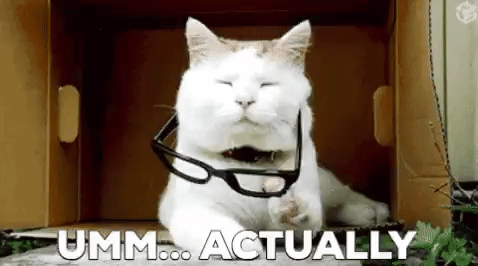

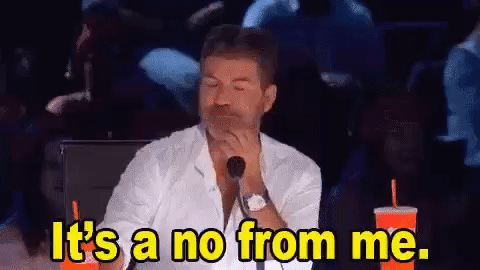



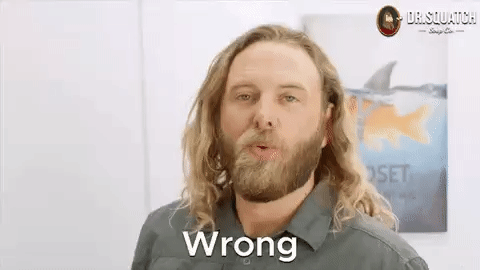






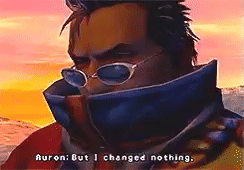

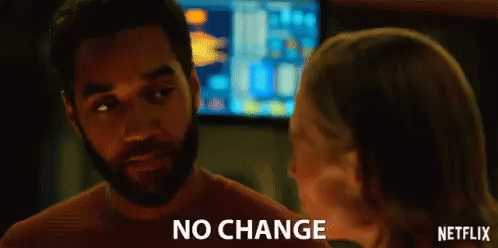

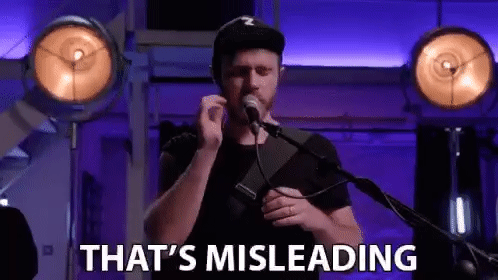

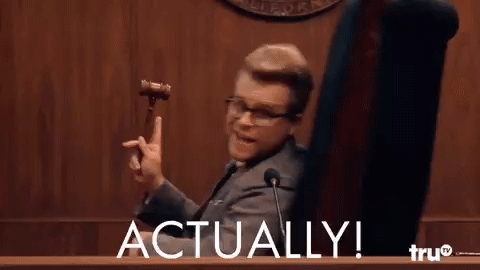

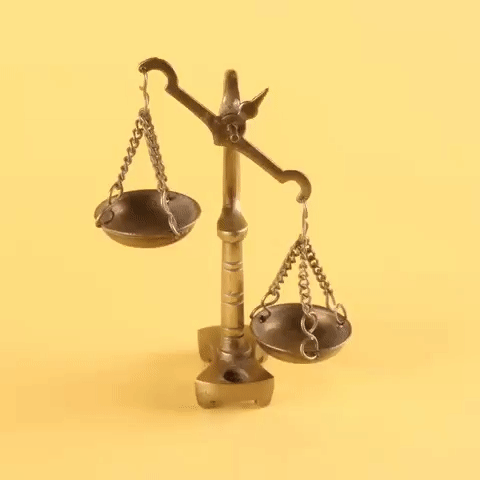



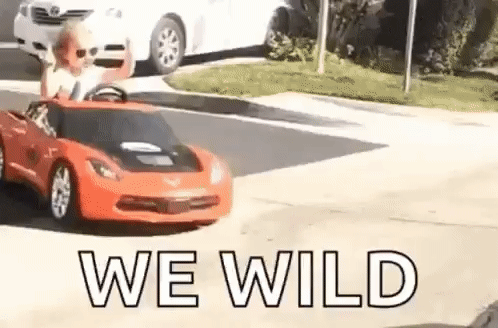

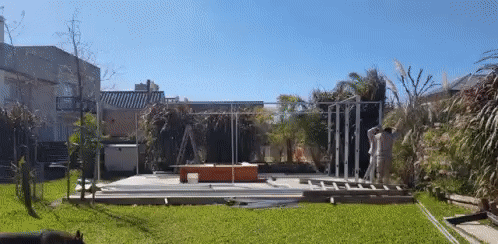






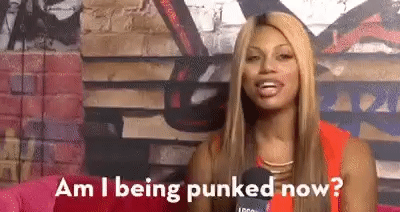
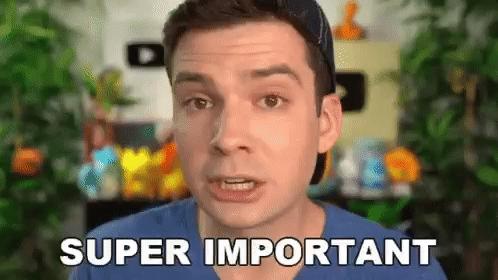
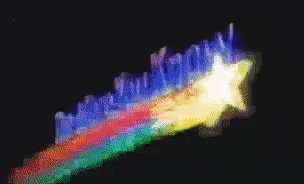
This is a really eureka-feeling-igniting (and fun) thread. Thank you!